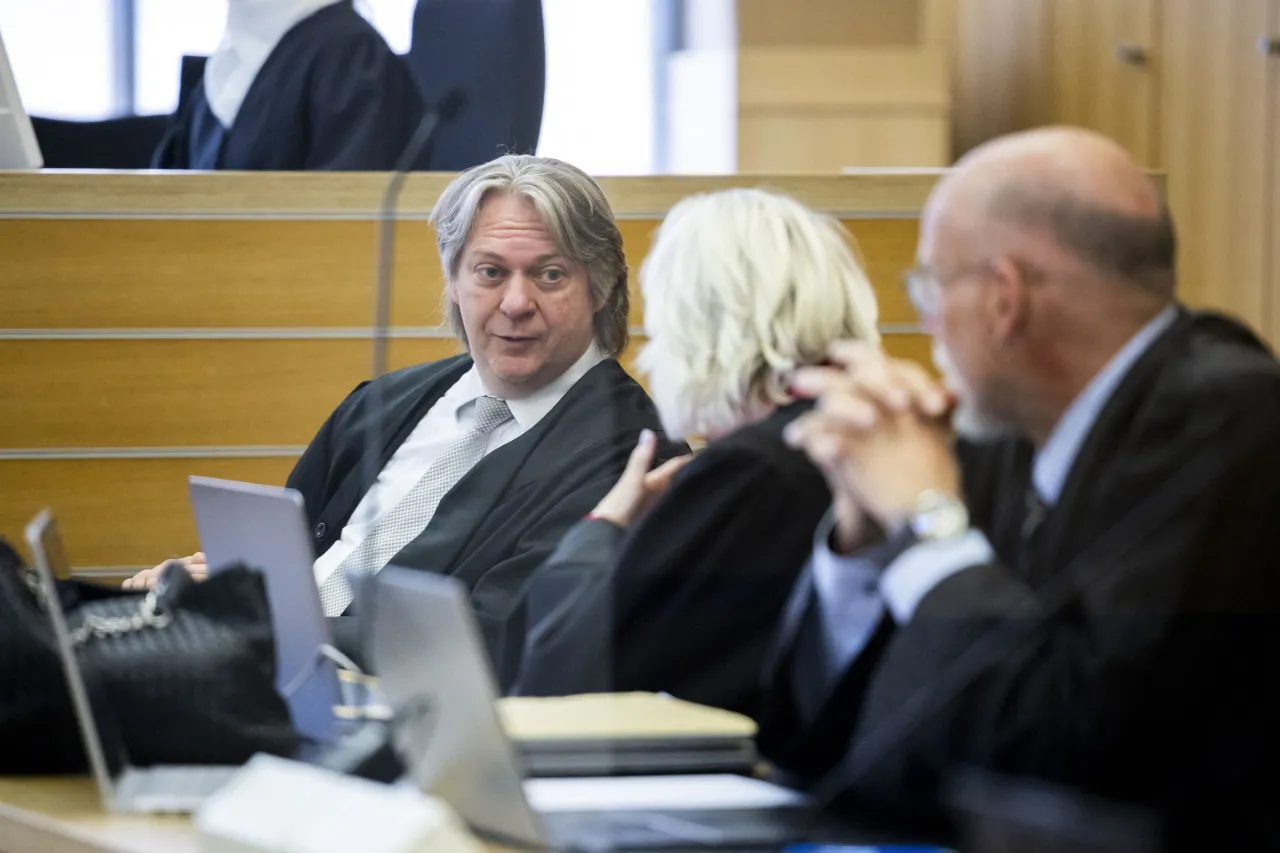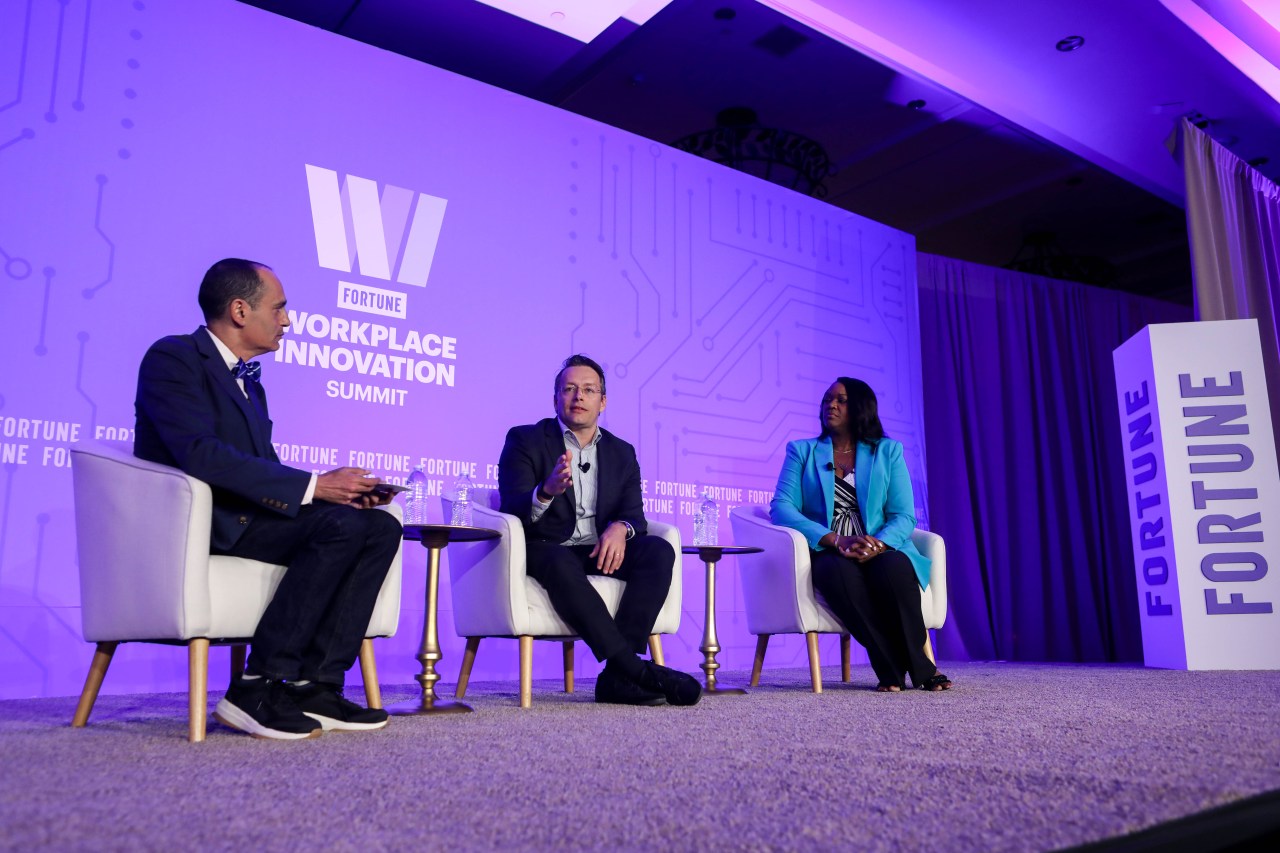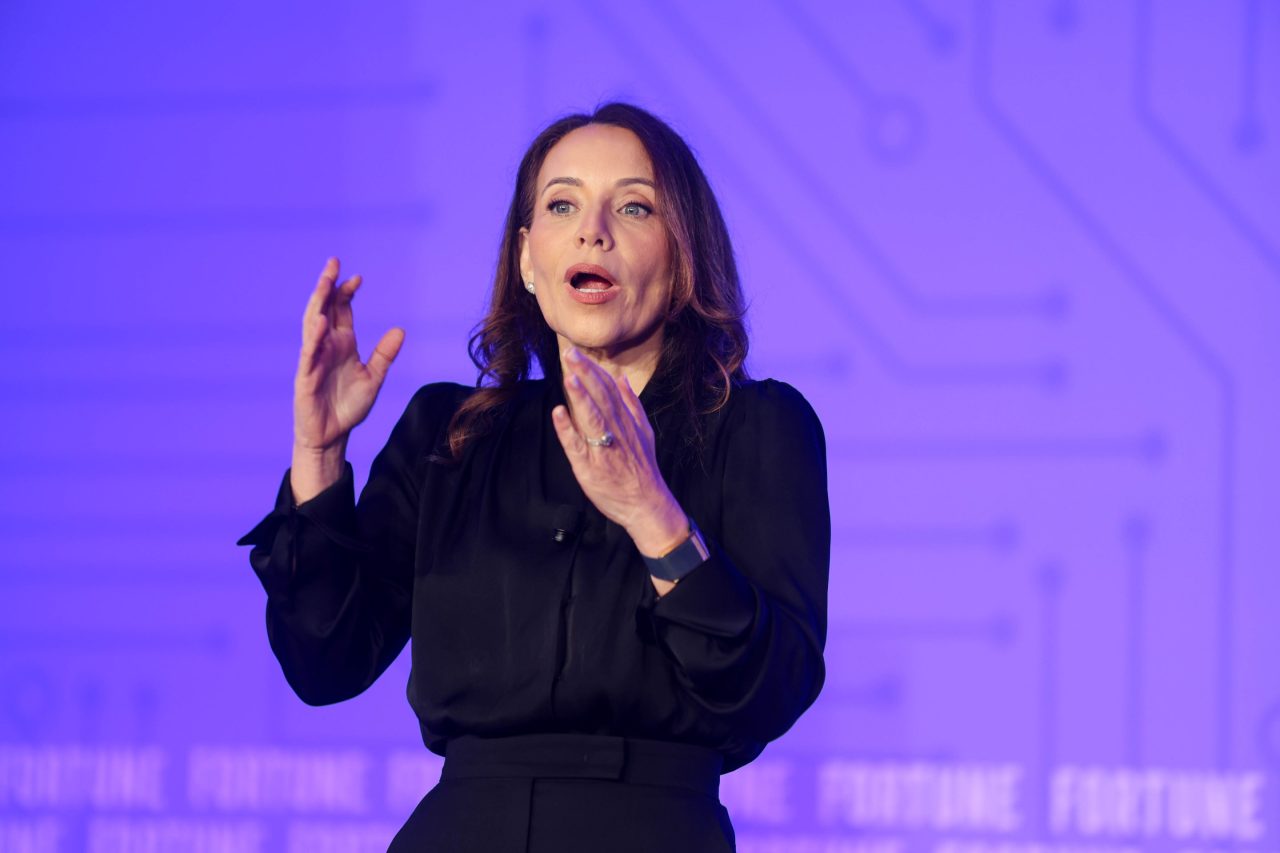Understanding the full scope of the Volkswagen dieselgate emissions scandal requires tracing its origins and developments over time:
- 2006–2015: VW develops and sells millions of diesel vehicles with defeat devices.
- 2014: Researchers at West Virginia University discover discrepancies in VW’s emissions levels.
- September 2015: The U.S. Environmental Protection Agency (EPA) publicly accuses VW of using illegal software to cheat emissions tests.
- 2015–2016: VW admits guilt, CEO Martin Winterkorn resigns, and legal actions begin worldwide.
- 2017–2020: U.S. and German authorities issue criminal charges and fines. Some executives are arrested.
- 2023–2025: Multiple former executives, including the four recently convicted, face trial and sentencing.
This decade-long saga highlights how deep-rooted corporate malpractice can unravel over time and lead to profound legal, financial, and reputational consequences.
How the Defeat Devices Worked
A key technical element of the dieselgate scandal was the use of defeat devices—sophisticated software embedded in the engine control unit (ECU) of affected diesel cars.
These programs could detect when a vehicle was undergoing official emissions testing and would activate full emissions controls to meet the required standards. Once back on the road, the software would deactivate these controls, drastically increasing nitrogen oxide (NOx) emissions to improve performance and fuel efficiency.
This technological deception allowed VW to market its diesel vehicles as “clean diesel” while knowingly violating environmental laws.
A Web of Deception: Who Else Was Involved?
While the four convicted managers were key players, they were not alone. The scale of the fraud implicates multiple departments and levels of the company, from software developers and engineers to senior leadership.
- Former Audi CEO Rupert Stadler has also faced legal consequences.
- Martin Winterkorn, former Volkswagen Group CEO, still faces charges of fraud and market manipulation.
- Several engineers and IT personnel have entered plea deals in the U.S. and Germany, providing testimony in return for leniency.
This widespread involvement raises questions about corporate culture, internal whistleblowing mechanisms, and ethical governance at VW and other global companies.
Industry-Wide Repercussions
The Volkswagen emissions cheating case was a watershed moment for the automotive sector. It led to:
- Massive recalls and class action lawsuits against other manufacturers (e.g., Fiat Chrysler, Mercedes-Benz, Renault).
- Increased investment in hybrid and electric vehicles.
- A push for cleaner and smarter mobility solutions driven by transparency and sustainability.
Competitors such as Tesla gained momentum as the public became more skeptical of traditional diesel and petrol engines.
Consumer Trust: Can VW Fully Recover?
Rebuilding consumer trust after such a major betrayal is challenging. Volkswagen launched a massive rebranding campaign under the slogan “Drive Bigger”, focusing on integrity, environmental commitment, and future mobility.
The company also:
- Invested billions into battery tech and charging infrastructure.
- Announced plans to become carbon neutral by 2050.
- Created new transparency and ethics departments to monitor compliance.
Although sales have recovered in many markets, especially with the launch of their ID electric series, the stain of dieselgate remains a cautionary brand lesson in crisis management and corporate accountability.
Lessons Learned from the Dieselgate Verdict
The recent conviction of four former VW managers offers key takeaways:
- Corporate Misconduct Has Consequences: Even senior executives face criminal prosecution when public trust and environmental laws are violated.
- Transparency Is Non-Negotiable: Consumers demand honest marketing and regulatory agencies require full disclosure.
- Greenwashing Backfires: Selling polluting vehicles under a false “clean diesel” narrative is both unethical and dangerous.
- Compliance Culture Is Critical: Corporations must invest in robust internal compliance systems and empower whistleblowers to speak up.
What Happens Next?
The dieselgate story isn’t over. Ongoing legal proceedings against other executives and possible civil lawsuits mean Volkswagen will continue to face scrutiny.
Meanwhile, regulators worldwide are:
- Reviewing emissions protocols.
- Increasing oversight of vehicle software.
- Demanding more stringent certifications from automakers.
The industry is expected to undergo a transparency revolution, with Artificial Intelligence, blockchain-based supply chains, and real-time emissions tracking playing major roles in shaping the future of ethical automotive innovation.
Final Thoughts
The Volkswagen dieselgate emissions-cheating scandal will be remembered as a defining chapter in automotive history. The conviction of four former VW managers reinforces the global demand for corporate integrity, environmental stewardship, and accountability at every level.
As automakers race toward a greener future, dieselgate remains a cautionary tale—a reminder that in the quest for profit, ethical shortcuts come at a steep price.




